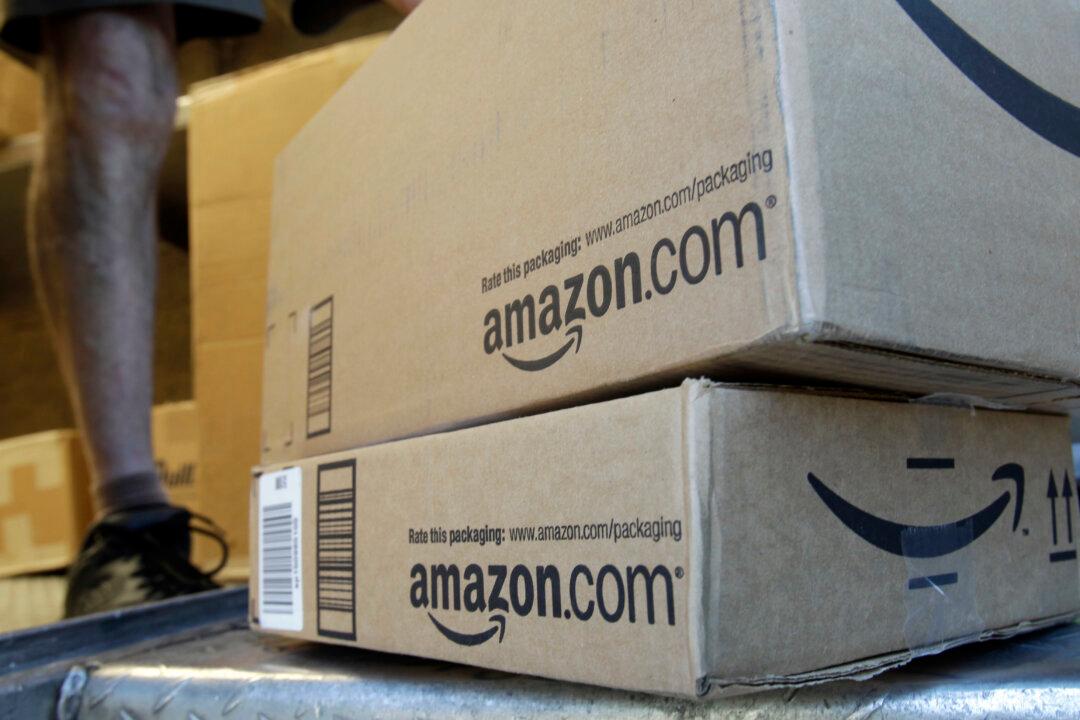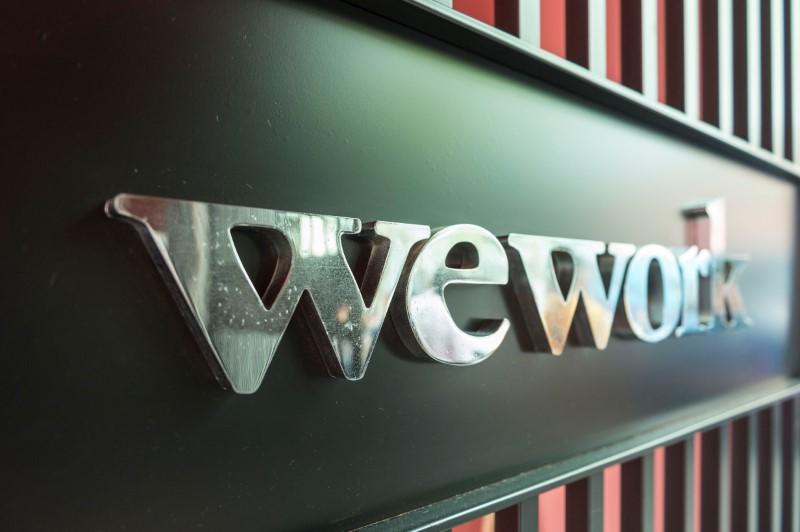Two months ago, Amazon.com Inc. halted orders from thousands of suppliers with no explanation. Panic ensued—until the orders quietly resumed weeks later, with Amazon suggesting the pause was part of a campaign to weed out counterfeit products. Suppliers breathed a sigh of relief.
Now a larger, more permanent purge is coming that will upend the relationship between the world’s largest online retailer and many of its long-time vendors.




